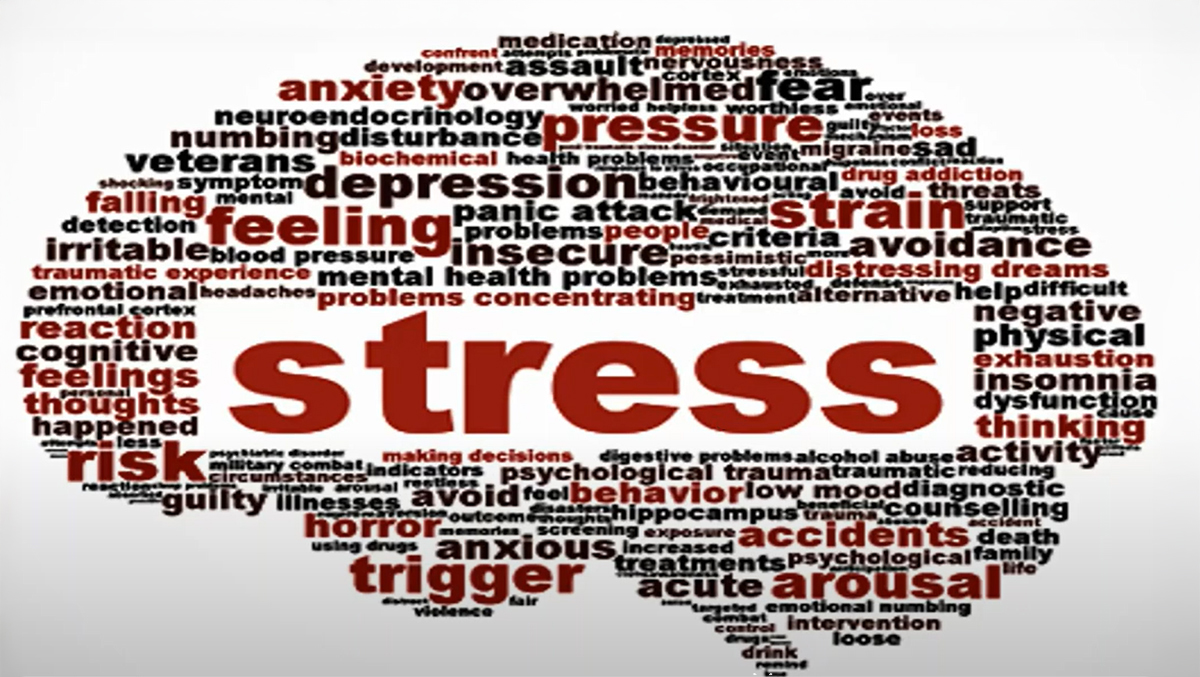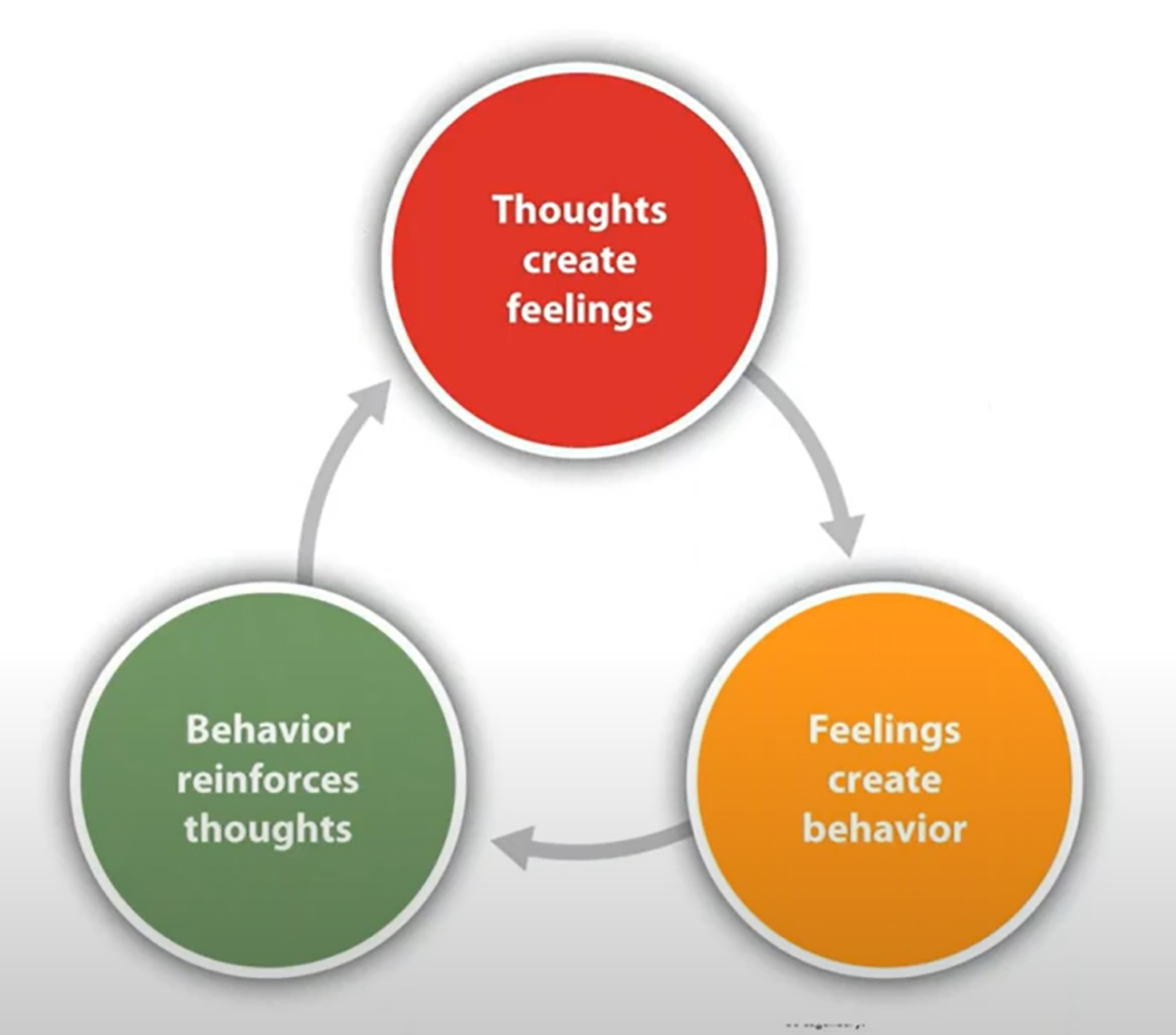Managing stress, mental wellness, and compassion fatigue for agriculturalists

Stress and compassion fatigue are common challenges that impact agriculturalists, particularly women. A recent webinar by the Societies discusses the science of stress and tactics for building resilience against burnout.
The field of agriculture can be a rewarding career choice, but those in the industry know that it can also come with a heavy mental and emotional load. A recent webinar, “Managing Stress, Mental Wellness, and Compassion Fatigue for Agriculturalists” shed light on the unique pressures agriculturalists face and offered strategies to strengthen and build resilience.
The speakers, Doris Mold (Cultivating Resiliency Program) and Monica McConkey (Eyes on the Horizon Consulting, LLC), used an interactive poll to allow attendees to participate in the webinar. One of the first questions to the audience was, “In one word, what causes you stress?” The top four answers were: Uncertainty, People, Weather, and Time. While there was a long list of stressors discussed, it boiled down to the agrarian imperative. Mold explained this as the notion that no matter the issue at hand, there is a deep-seated drive within agriculturalists to save the farm or their career, no matter the personal cost. She also pointed out how women in agriculture often shoulder even more. Surveys in 2019 and 2021 found nearly 9 out of 10 women in agriculture experience work-related stress, with finances topping the list, followed by commodity prices, and anxiety. Many are running tractors (or labs) and running households at the same time.
McConkey spoke to the audience about the science of stress. When faced with a stressful situation, your brain does a quick scan: Have I been here before? Was this situation stressful to me before? How did I handle it? She mentioned that the answer to this question often depends upon the situation. If it’s life or death, then there is little thinking to do—think fight or flight. If it’s not, stress can sneak in a little more sideways, clouding judgment and making us much more likely to lash out and fight.
McConkey also taught us about compassion fatigue. This is what happens when you spend time helping people or even animals that may be in distress. Over time, it can leave you feeling drained, irritable, less empathetic to other situations, or even questioning why you are in this career. The good news about being in these stressful situations is that you can work to get out of them by building resilience. Resilience isn’t always something you are born with, but it is something you can build, using these three protective factors:
- Spiritual. Hang onto what gives you hope, let go of what drags you down.

- Social. Keep company with people who lift you up and set boundaries with those who don’t.
- Psychological. Catch those negative thoughts before they stick and stay focused on the big picture.
While we are unable to control the weather, other people, and time, you can learn to take control of yourself. Recognizing signs of stress or burnout early, leaning on a support system, and using available mental wellness resources like Cultivating Resiliency for Women in Agriculture or the Rural Resiliency Project are practical tools that even the most resilient people can learn from.
Dig deeper
Check out the full webinar below:
Text © . The authors. CC BY-NC-ND 4.0. Except where otherwise noted, images are subject to copyright. Any reuse without express permission from the copyright owner is prohibited.










